When Epic Games challenged Apple's App Store monopoly in 2020, few expected the legal battle would drag on for nearly five years or culminate in such a dramatic reversal of fortune. Now, with Judge Yvonne Gonzalez Rogers' scathing 80-page contempt ruling finding Apple in "willful violation" of court orders, we're witnessing what might be the most significant challenge to Apple's App Store control since its inception.
The judge didn't pull any punches in her assessment. Apple "willfully chose not to comply with this Court's Injunction" and did so "with the express intent to create new anticompetitive barriers which would, by design and in effect, maintain a valued revenue stream." This represents more than legal frustration—it's a comprehensive indictment of Apple's entire post-trial strategy, transforming what should have been a manageable compliance issue into an existential threat to the company's platform control.
What makes this contempt ruling so damaging for Apple?
This contempt finding cuts deeper than typical corporate legal setbacks because it strikes at Apple's credibility in federal court. According to legal analysis, Apple's 27% commission on off-app purchases, combined with restrictive link placement and deceptive conduct, led to civil contempt findings and a potential criminal sanctions referral. The court's assessment reveals a pattern of deliberate obstruction that transforms ordinary business disputes into questions of judicial authority.
Here's what makes this particularly stinging: Apple had mostly won the original case, with the court rejecting most of Epic's antitrust claims and finding Apple wasn't operating an illegal monopoly. Apple should have been celebrating this victory, but instead chose to game the system on the one narrow area where they lost—external payment links. This strategic miscalculation turned a limited legal setback into a comprehensive credibility crisis.
The most damaging revelation involves Apple VP of Finance Alex Roman, who was found to have committed perjury under oath. Internal documents revealed Apple had decided on its 27% commission structure in July 2023, directly contradicting Roman's testimony that the decision was made in January 2024. When a federal judge questions not just your policies but your honesty under oath, the implications extend far beyond civil penalties.
The judge referred the matter to the U.S. Attorney's Office for possible criminal contempt investigation about judicial tolerance for corporate evasion. This escalation from civil to potential criminal consequences demonstrates how Apple's compliance strategy crossed fundamental legal boundaries.
Why Apple's "scare screen" strategy backfired spectacularly
Apple's implementation of warning screens revealed a calculated strategy that ultimately became evidence of systematic non-compliance rather than good-faith effort. Internal communications showed Apple deliberately chose language intended to make these screens "scary" to users, including using developer names rather than app names to maximize user confusion and concern.
The strategic intent behind these interfaces becomes clear when examined alongside Apple's economic calculations. The company's 3% commission discount was designed to be economically meaningless—Apple's own internal analysis predicted developers would lose money due to additional payment processing costs. This wasn't accidental oversight; it was precisely calibrated discouragement.
What transforms this from questionable business practice to legal contempt is the documentary evidence of Apple's awareness and intent. Apple's internal notes acknowledged uncertainty about whether imposing commissions would violate the injunction, with plans to "develop models to test what the judge would accept." This language reveals a company treating court orders not as legal requirements but as optimization problems to be gamed.
The court recognized this pattern as "malicious compliance"—a deliberate strategy to undermine judicial orders while maintaining plausible technical adherence. Apple's choice to implement the most restrictive interpretation possible of every requirement demonstrated that their goal remained preserving revenue streams rather than enabling the competition the injunction intended to foster.
How Apple's constitutional arguments might reshape the appeal
Apple's latest filing takes an aggressive constitutional stance that fundamentally reframes their legal strategy from compliance disputes to fundamental rights challenges. The company argues the court's expanded injunction violates the First Amendment by dictating what messages Apple can display to users, while the new requirements represent "improper expansion" of the original injunction and constitute "unconstitutional taking" of its intellectual property rights.
The constitutional framework gains substantial credibility from Apple's citation of the Supreme Court's recent Trump v. Casa ruling, which limited judges' authority to issue universal injunctions. Apple contends that since Epic is the only plaintiff, the injunction benefiting all developers exceeds judicial authority—courts shouldn't issue rules that apply beyond the actual plaintiff when such breadth isn't necessary to remedy the specific harm.
This creates a compelling legal paradox that could resonate with appellate courts concerned about judicial overreach. The injunction forces Apple to allow external payment links for all developers, but Apple argues that "requiring Apple to permit linked-out transactions to Spotify, Microsoft, or Amazon does not benefit Epic in any way and is not necessary to remedy any harm suffered by Epic." This framing transforms the case from antitrust compliance into questions of constitutional limitations on judicial power.
Apple's intellectual property valuation argument presents another constitutional dimension, arguing courts cannot impose royalty-free compulsory licenses. The company contends that "even an app that does not use the App Store's payment system in any way makes use of Apple's IP and gets access to Apple's customer base," making zero-commission requirements a constitutional taking without just compensation.
The challenge for Apple's constitutional strategy lies in overcoming the contempt findings and perjury evidence. Constitutional protections carry significant weight, but they must overcome documented evidence of willful non-compliance and dishonesty with the court.
What this means for the broader App Store ecosystem
The immediate transformation of mobile commerce demonstrates how quickly entrenched platform dynamics can shift when legal pressure creates genuine alternatives. U.S. developers can now provide external payment links with no fees and complete control over link design—changes that seemed impossible just months ago but now represent the new baseline for iOS commerce.
The economic implications extend far beyond individual apps. Companies like Cameo report that creators currently earn only 52.5% of booking fees after Apple's commission, requiring them to charge 42% more in-app to match web earnings. These mathematical realities, replicated across thousands of apps, represent billions in shifted economic value as developers gain access to commission-free revenue streams.
Epic's webshop initiative exemplifies the innovation that becomes possible when platform restrictions are removed. Offering 0% revenue share on the first $1 million per app annually, Epic creates immediate competitive pressure on traditional app store models while demonstrating alternative approaches to platform economics that prioritize developer success over platform commission maximization.
The ripple effects extend beyond immediate economic benefits to fundamental shifts in platform relationships. Fortnite's return to the App Store after nearly five years sends a powerful message to other developers: challenging platform restrictions can work, even against the most powerful tech companies. This precedent validates strategies of principled resistance over accommodation, potentially encouraging more developers to demand favorable terms rather than accept platform dictates.
What's particularly significant is how these changes validate Epic's risky long-term strategy. The company sacrificed access to millions of iOS users for nearly five years, but their willingness to accept short-term losses for structural ecosystem changes ultimately created benefits not just for Epic, but for the entire developer community.
Where do we go from here?
The Ninth Circuit's decision will determine whether Apple's constitutional challenges can restore platform control or whether these developer-friendly restrictions become the permanent foundation for iOS commerce. Apple's appeal strategy focuses on First Amendment protections, intellectual property rights, and judicial authority limits—arguments that could resonate with higher courts prioritizing constitutional constraints over antitrust enforcement.
However, this legal battle exists within a broader context of global platform regulation that suggests systemic rather than isolated pressure. International developments demonstrate mounting worldwide momentum, with Australia's recent ruling against both Apple and Google potentially resulting in "hundreds of millions of dollars" in class action payouts. These parallel developments suggest coordinated global scrutiny rather than American regulatory anomaly.
The precedent established here extends beyond immediate participants to influence similar cases worldwide. Governments are scrutinizing major tech platforms' market power with increasing intensity, and this case provides a roadmap for how courts can effectively challenge platform restrictions while navigating complex constitutional and economic considerations.
Whether Apple's appeal succeeds or fails, the mobile app ecosystem has already been fundamentally altered in ways that may prove irreversible. Developers now have unprecedented leverage in their relationship with platform gatekeepers, and the economics of mobile commerce are shifting in real-time. Even if Apple manages to restore some restrictions through successful appeal, the precedent has been established: platform control isn't absolute, and willful non-compliance with court orders carries serious consequences that can escalate from civil to criminal.
The final irony remains unmistakable. Apple's attempt to maintain control through legal maneuvering resulted in far more restrictive oversight than if they had simply complied with the original, more limited injunction. In the end, the company's strategic sophistication may have been precisely what undermined their position—sometimes straightforward compliance really is preferable to clever evasion.





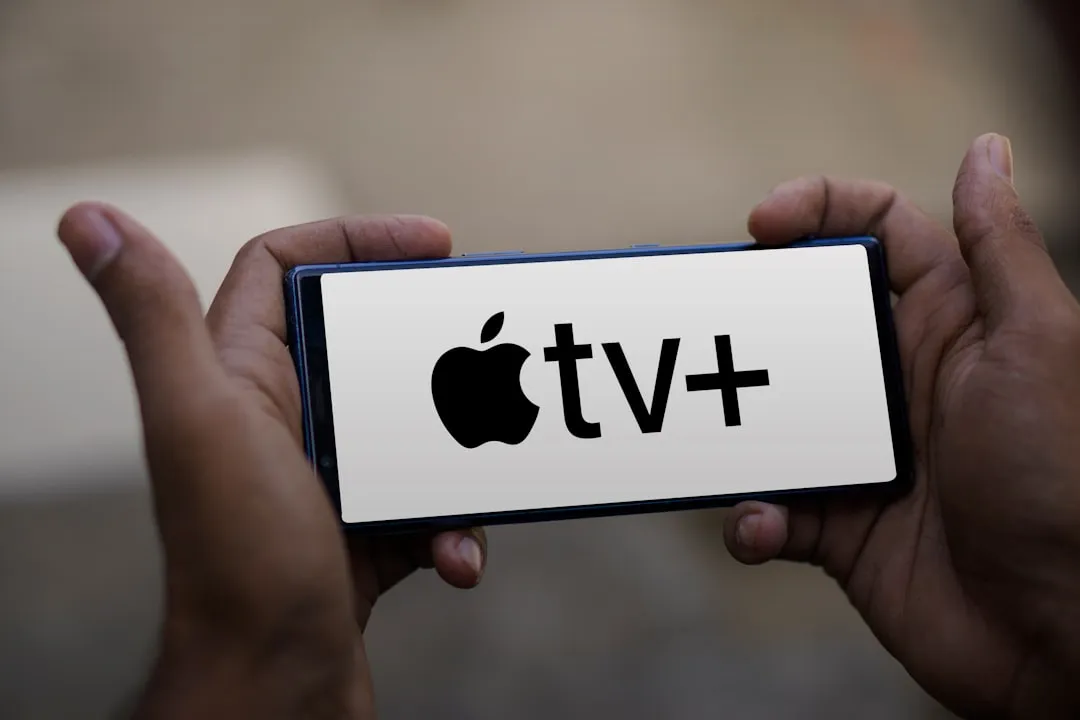

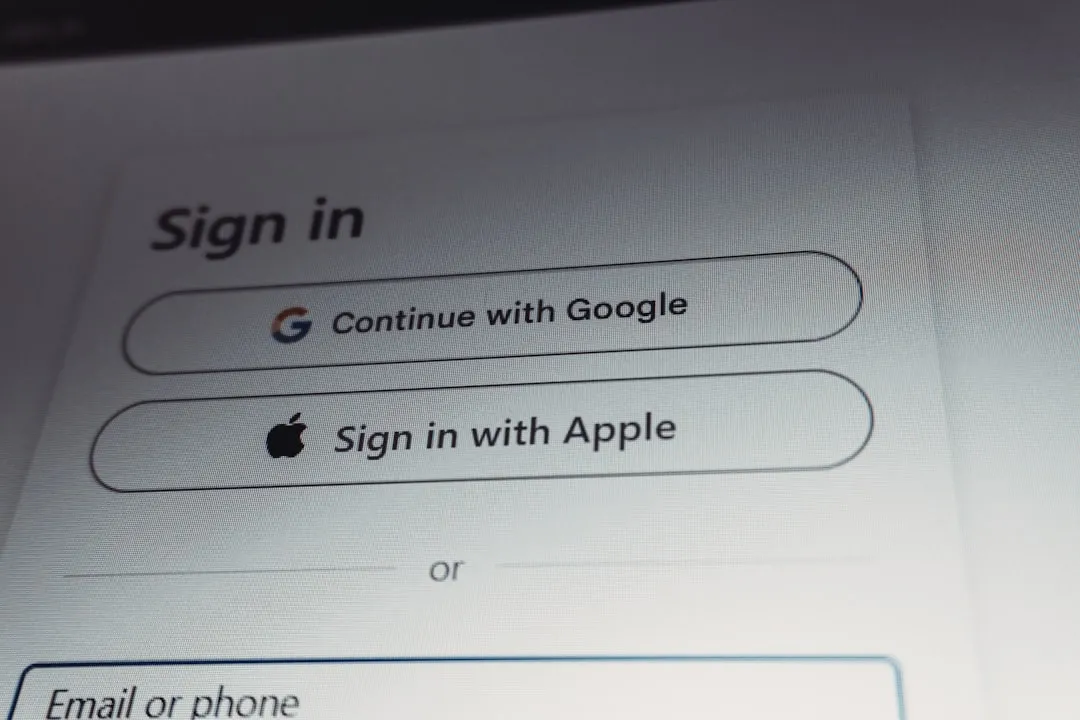





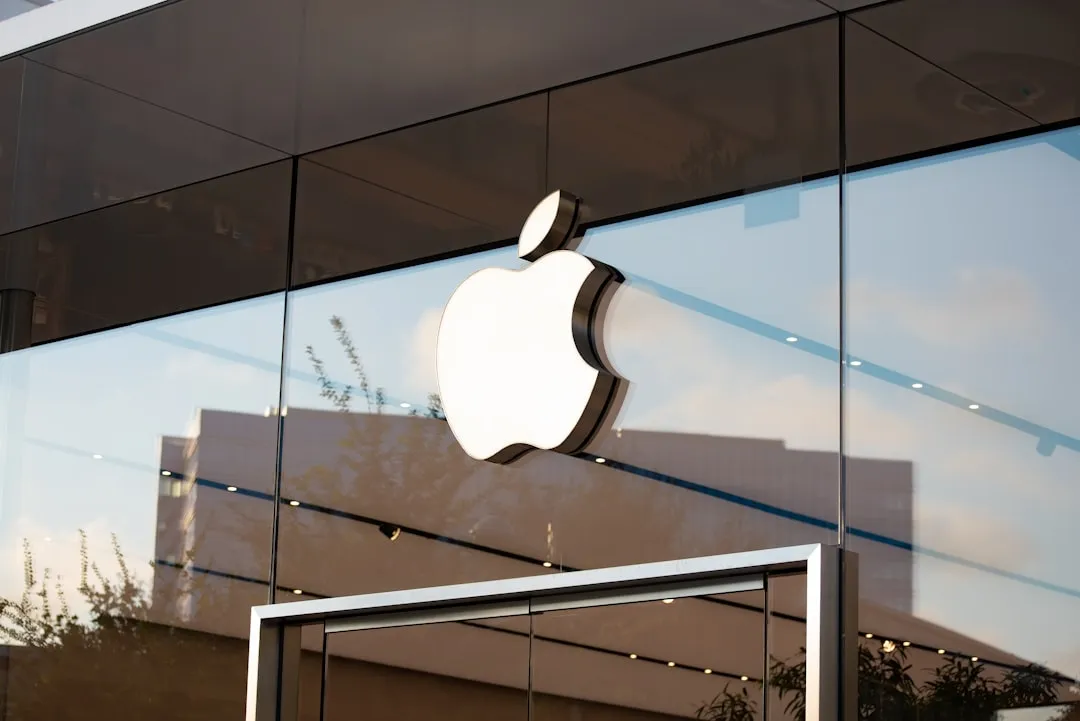

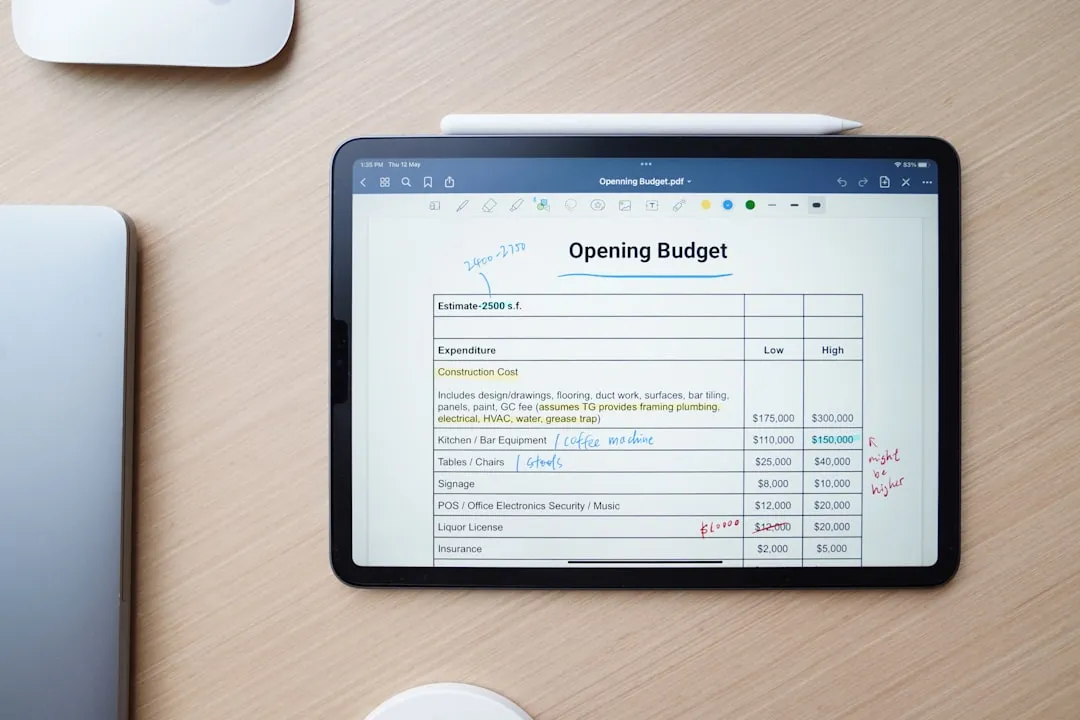

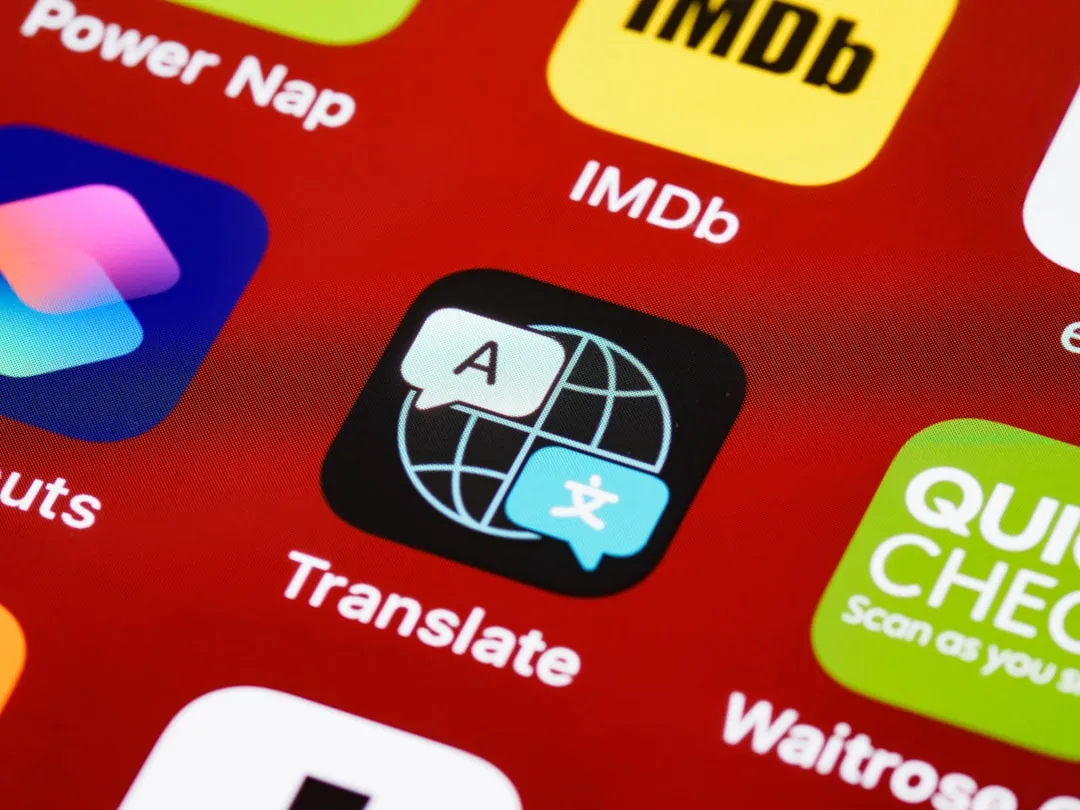



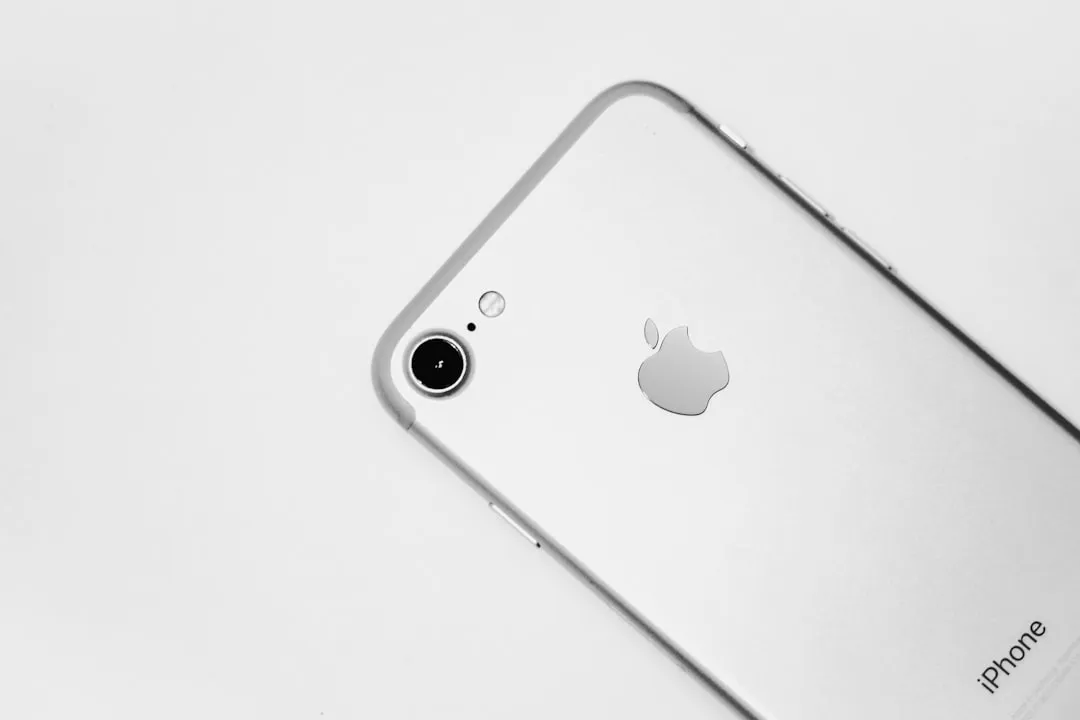
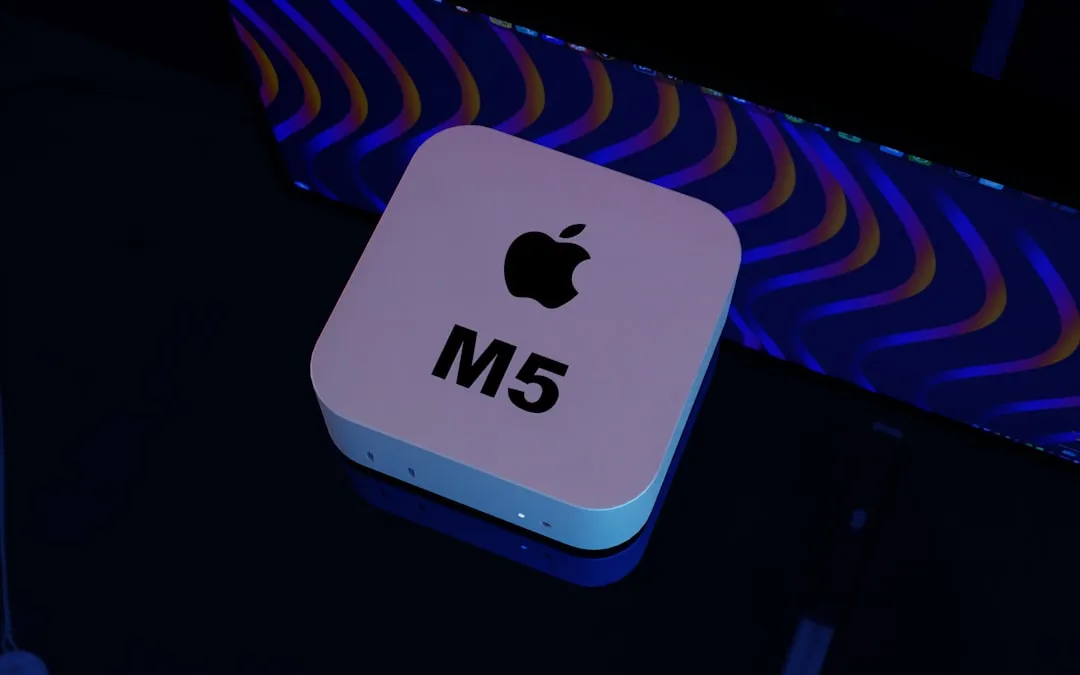


Comments
Be the first, drop a comment!